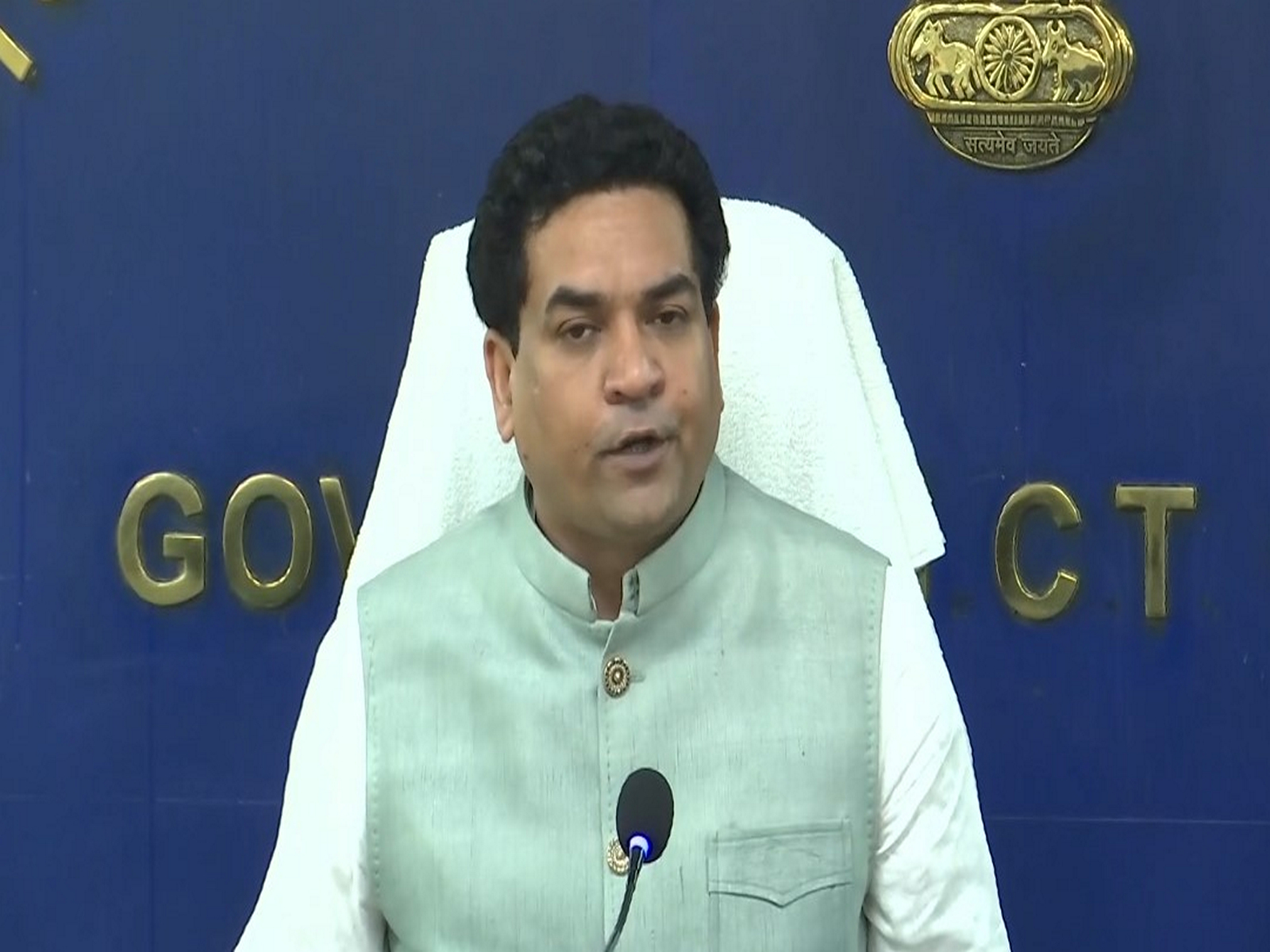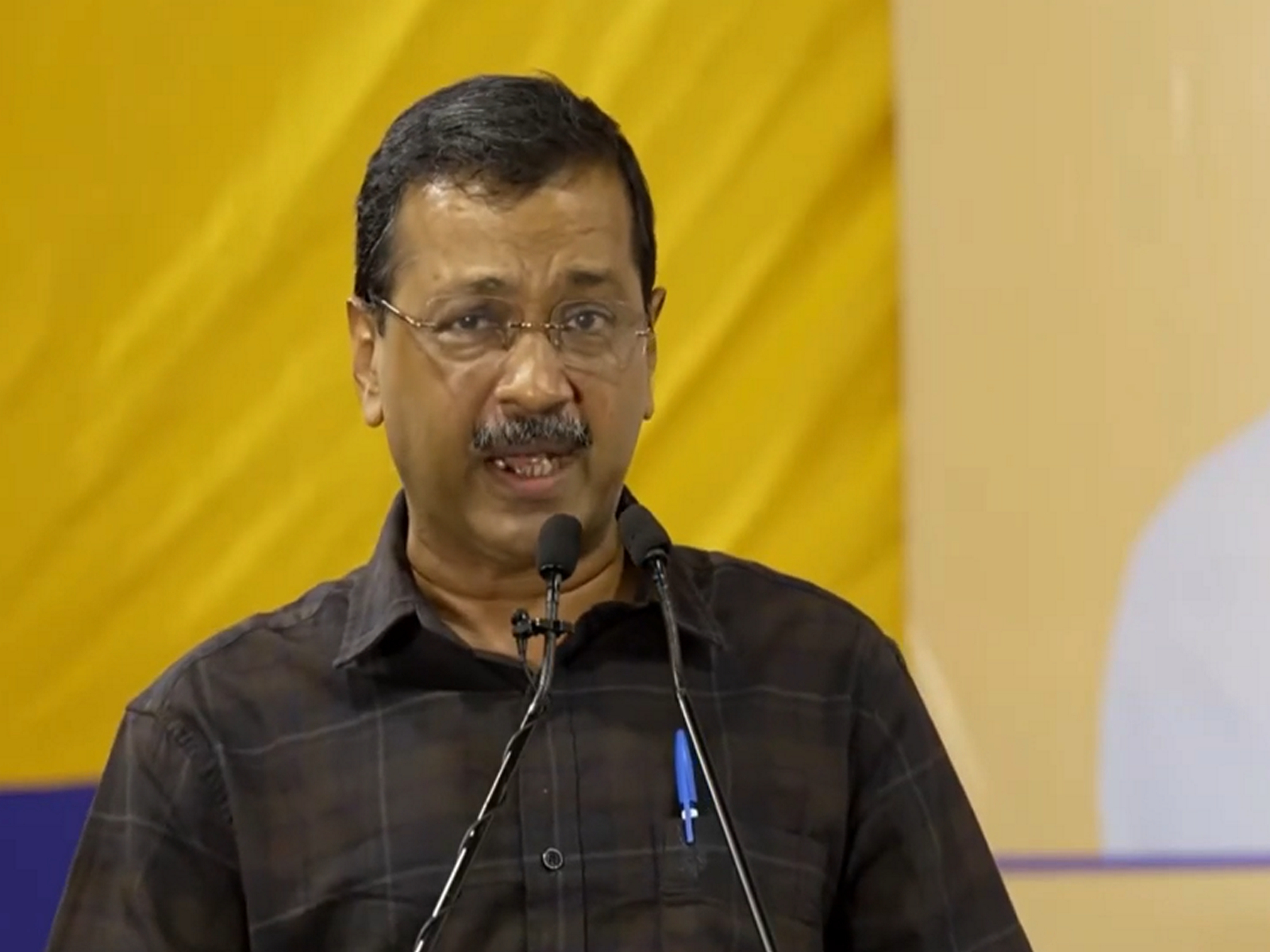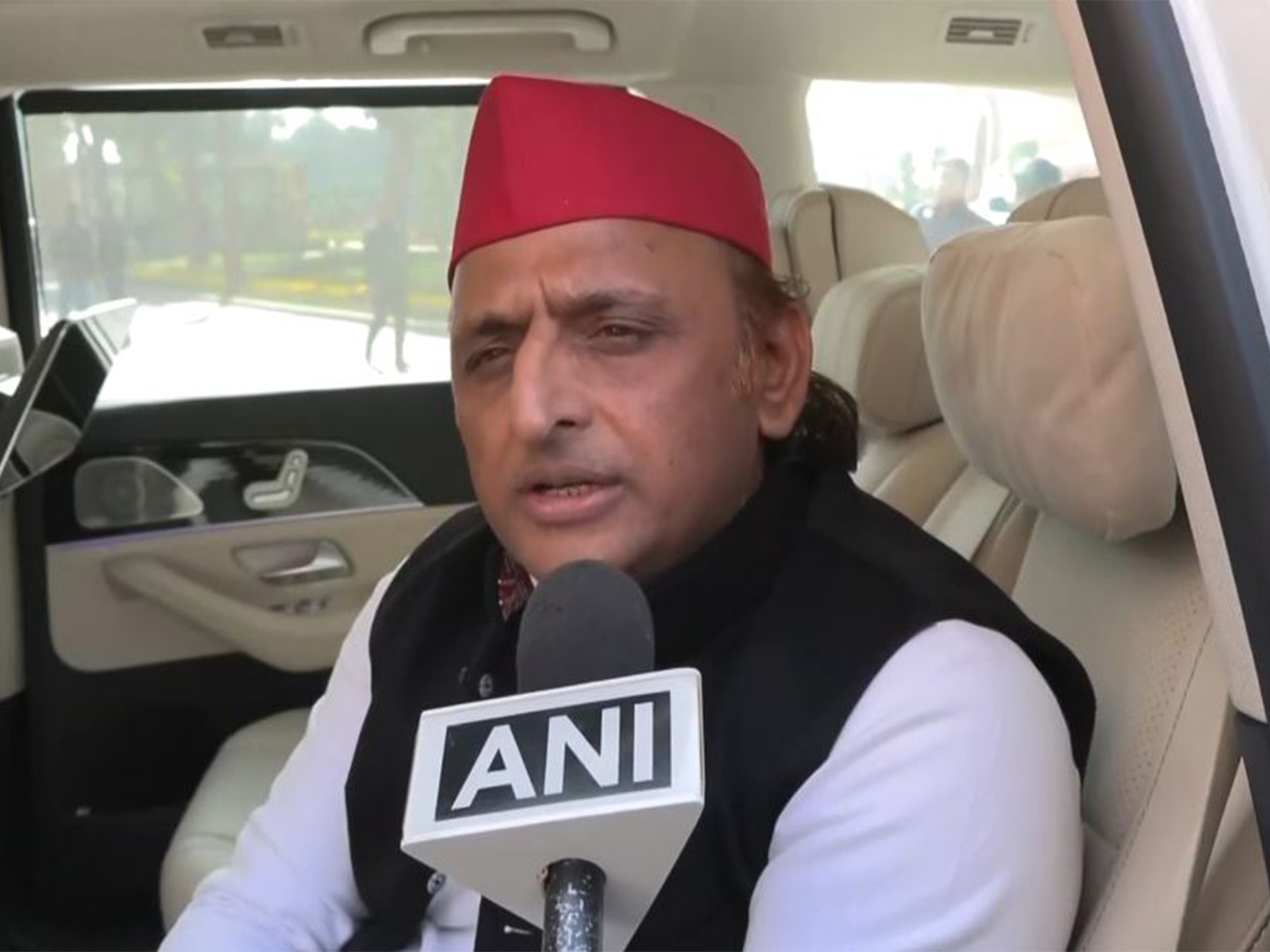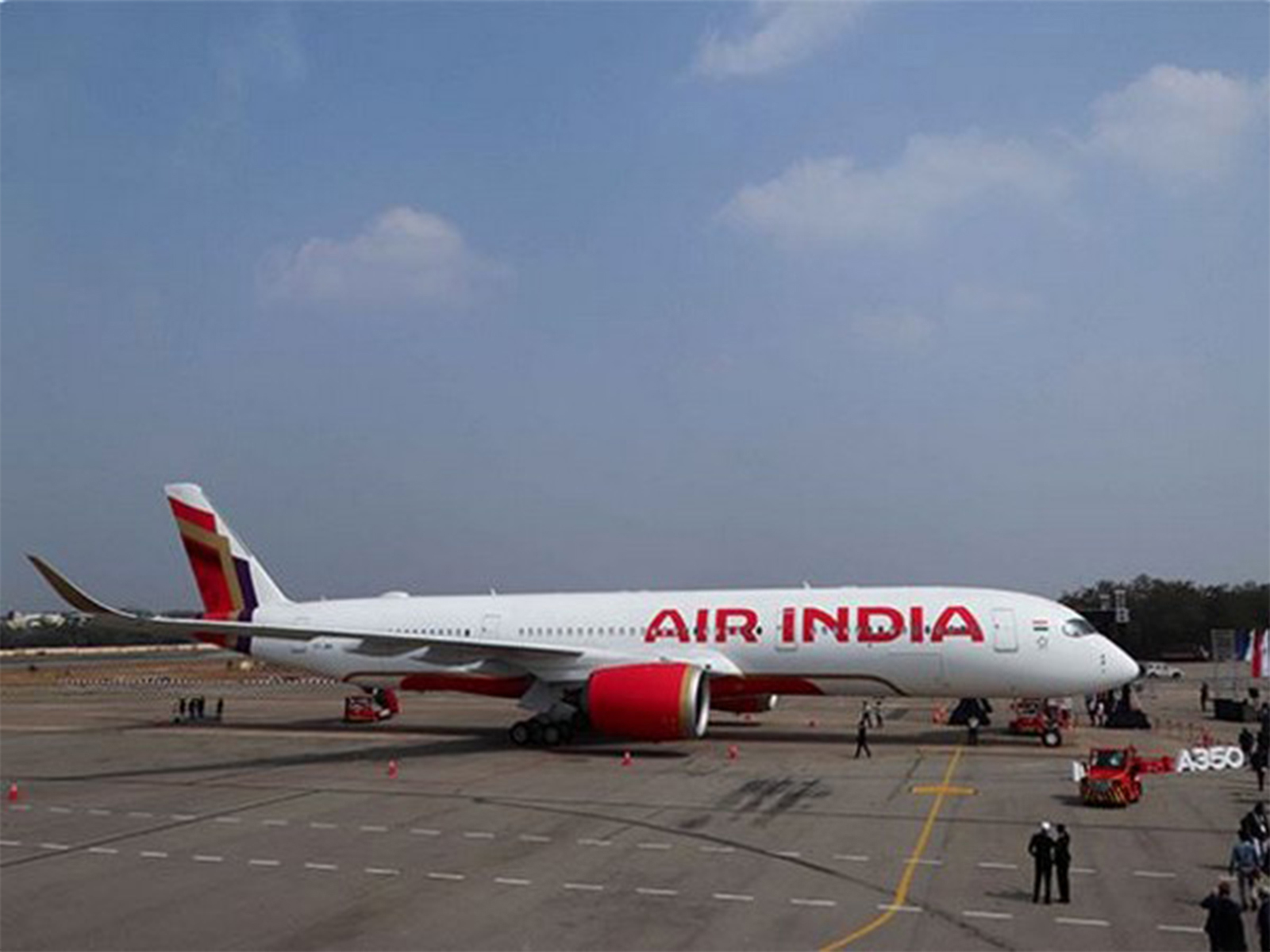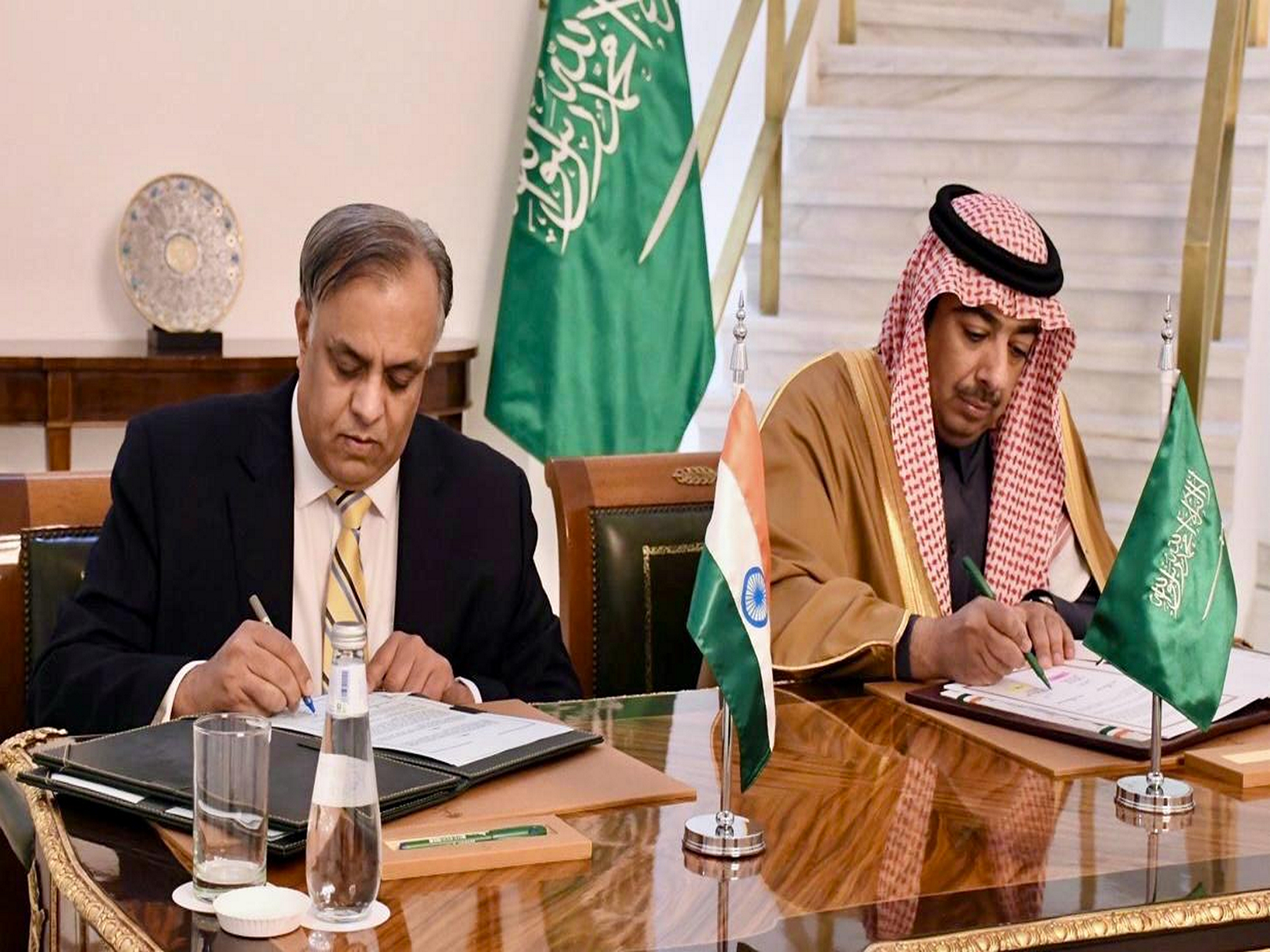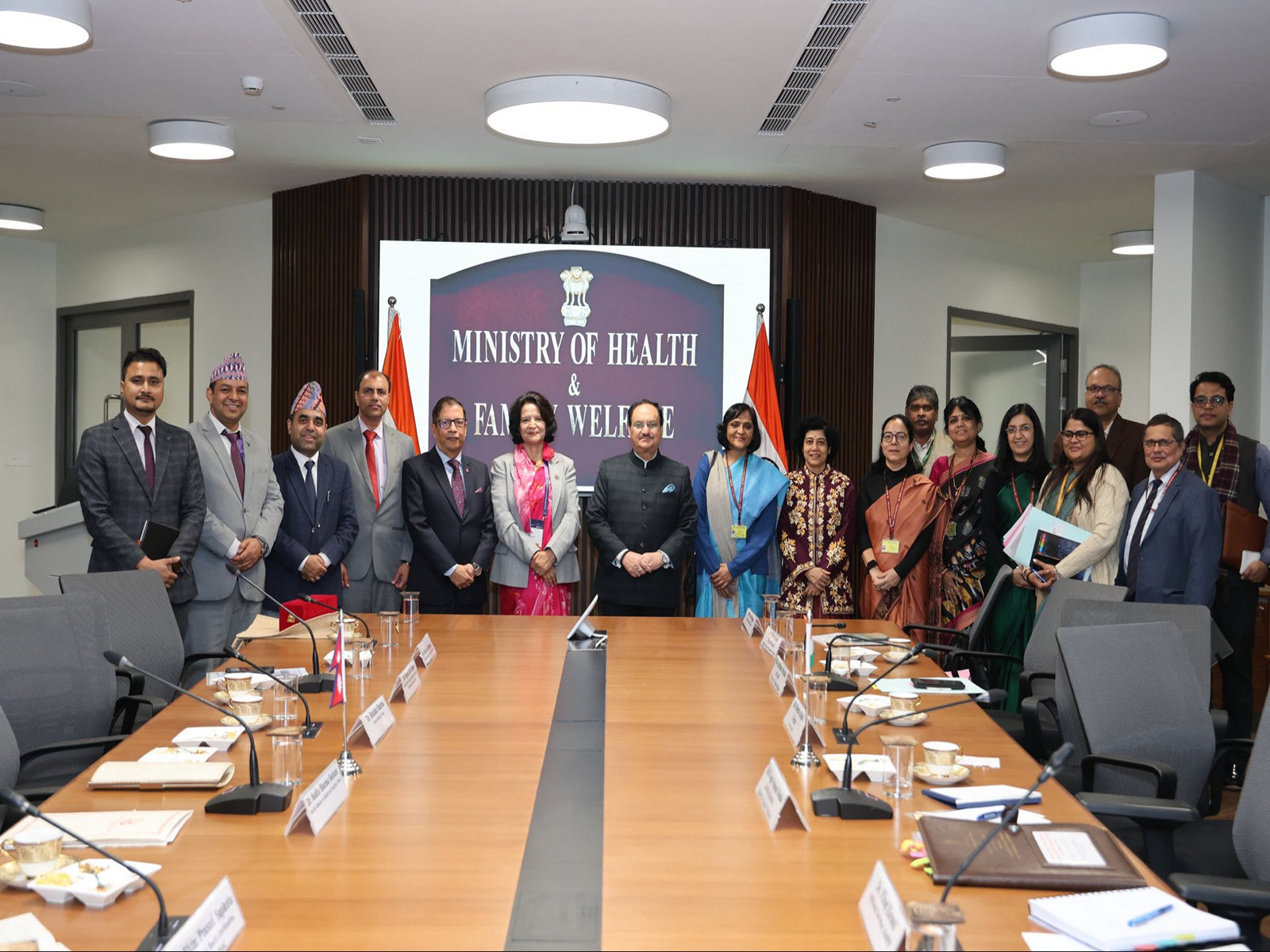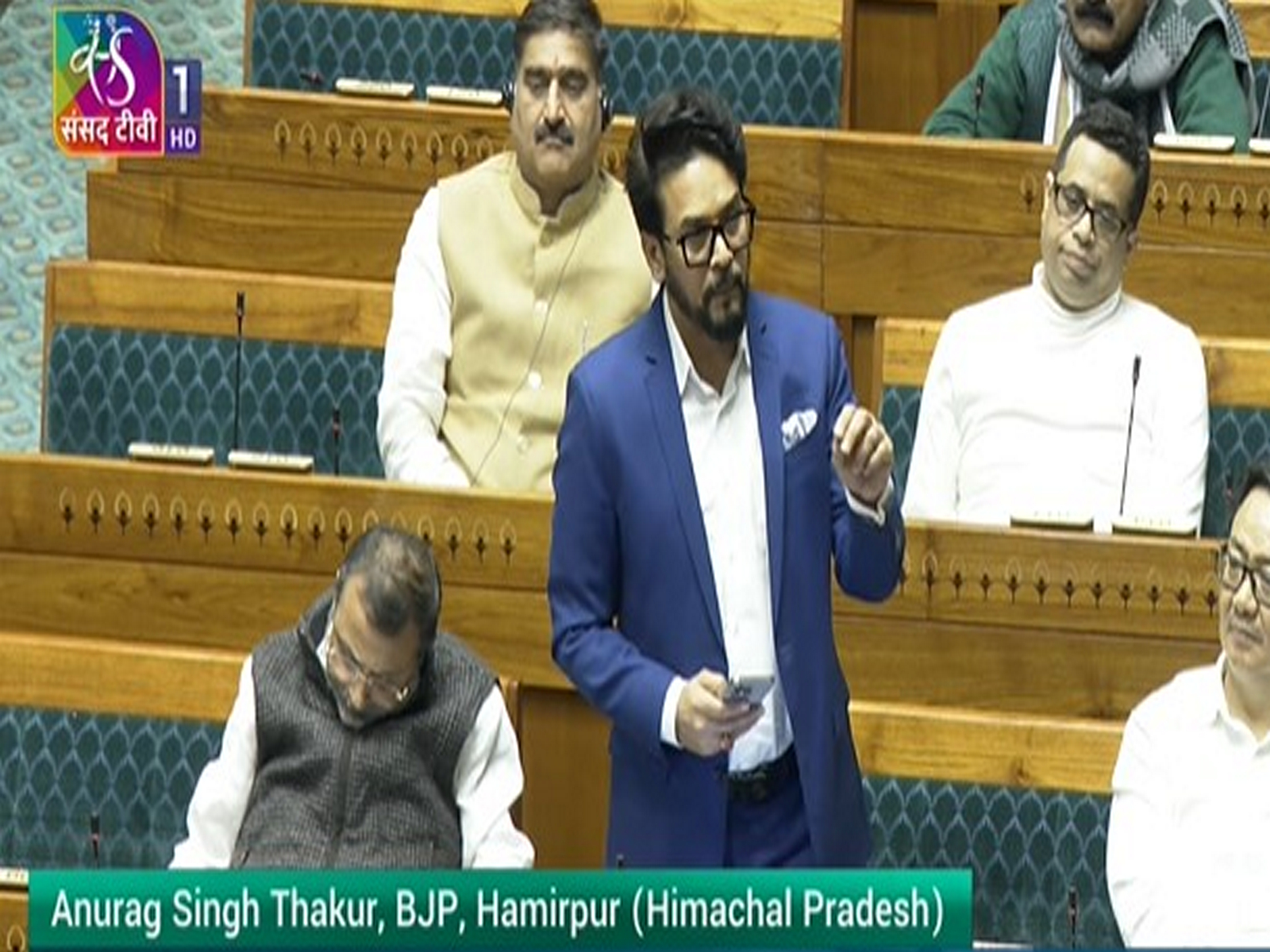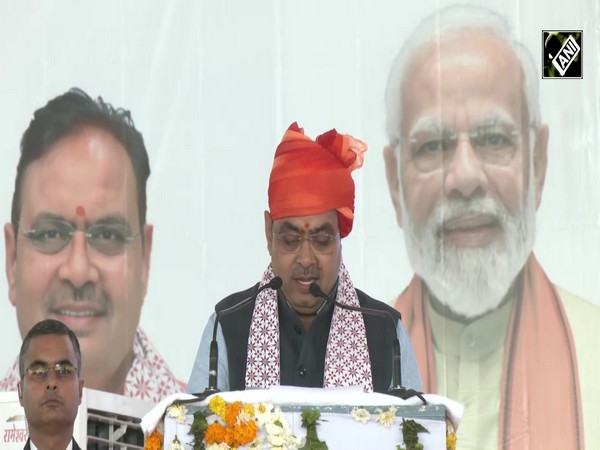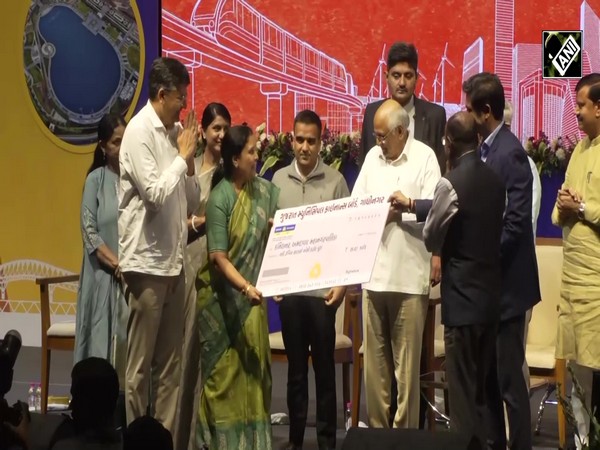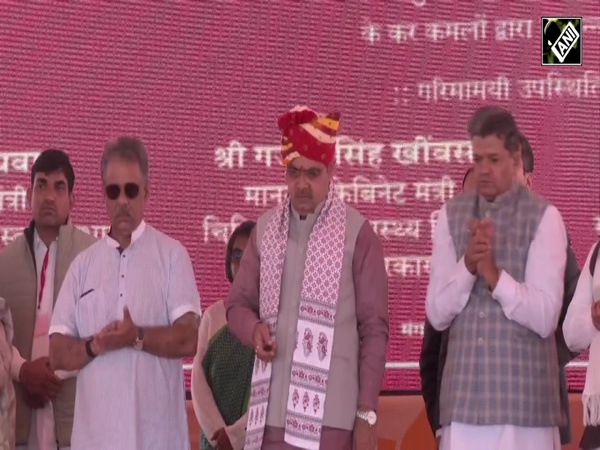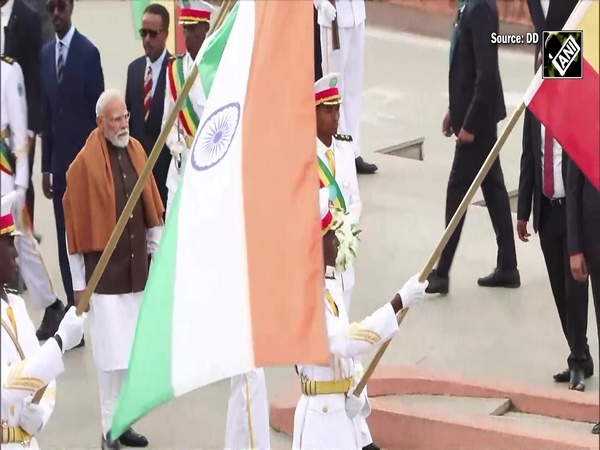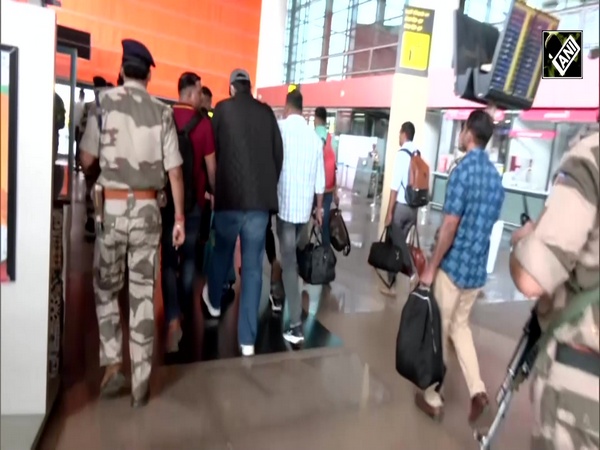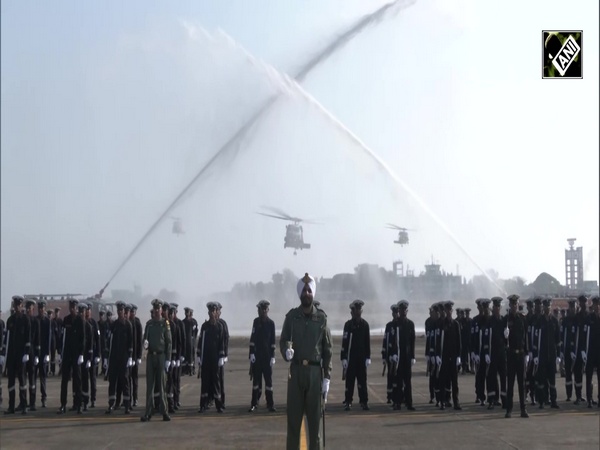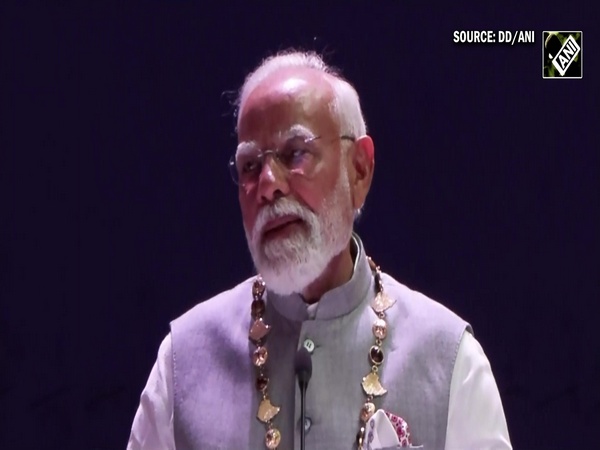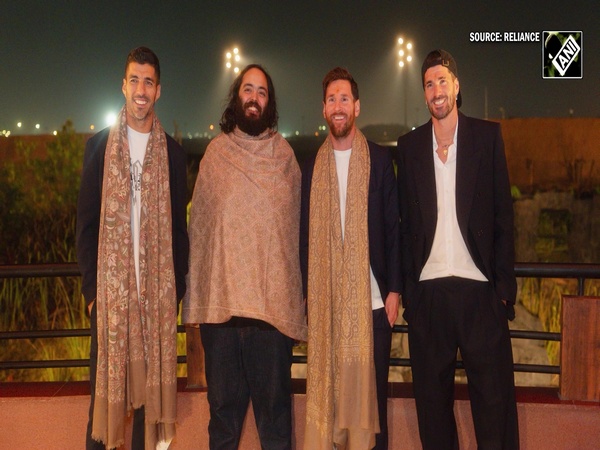Tata Hospital, IIT Mumbai develop affordable CAR-T technology for treating cancer patients
Feb 12, 2024

Mumbai (Maharashtra) [India], February 12 : Tata Hospital and IIT Mumbai have invented a new technology to treat blood cancer, CAR-T, which is around 99 percent effective on children, Dr Shirish Arya of Tata Hospital said.
Researchers have claimed that this technology will be useful when all the existing methods fail and has proved to be very effective even in older people.
"We have completed two-phase trials so far, in which about 100 people were included. The results of which have been quite substantial," Dr Shirish Arya of Tata Hospital said.
Arya said that CAR-T cell technology is very effective in the treatment of advanced blood cell cancer. Being a targeted therapy, the desired results could be achieved, he added.
This technology will prove to be a panacea in the treatment of cancers that will not be cured by chemotherapy or other techniques, he said.
"Presently this technology has been provided to about 30 big hospitals across the country where mainly blood cancer patients are treated," Arya said.
Speaking about the technology being cost-effective, he said, "Till now only America and some European countries had this technology. However it was very expensive for patients. While its treatment abroad costs around Rs 3 to 4 crores, in India it can be treated for only Rs 50 lakhs."
Arya said that patients undergoing treatment under this technology will not have to endure much pain like in chemotherapy.
"With CAR-T technology, complete treatment is possible in a single dose. In this, the patient is admitted to the hospital and his blood sample is taken and then the sample is taken to the laboratory and worked on. When CAR-T cells are ready in the blood samples, a dose is given to the patient," Arya said explaining the treatment under CAR-T technology.
"After that, the patient is kept in the hospital and taken care of for about 15 days. During this time, it is seen whether this therapy is having any adverse effect on the patients. After that the patient is sent home and regular check-ups continue," he said.
Arya said that the technology is completely indigenously and hence it costs less. He added that research started in 2013 and it took 10 years to develop it.
Speakining about the effectiveness of the technology, Arya said, "Although it cannot be claimed about this technique that it is 100 per cent effective, but yes, very good results have been seen in many patients."
"Earlier people used to go abroad for cancer treatment, now our effort will be to ensure that foreign patients come to India and get their treatment," he boasted.
